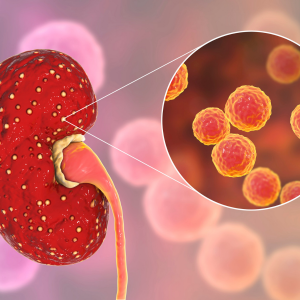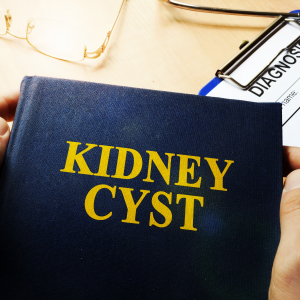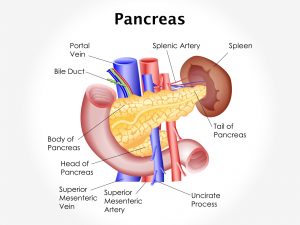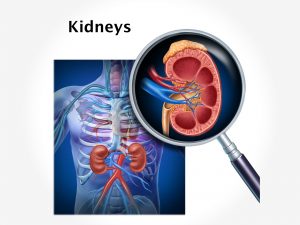But don’t we also know that we may actually call India the diabetic capital of the world very soon? We need to be more vigilant and proactive towards preventive health care.
Not just in India, there are a large number of people in USA, UK, and other countries who don’t feel the need for medical examinations. It is either a certain birthday or a worrying symptom that warrants an examination.
That would have sufficed until a few years ago. The trends and recent news are unsettling. People are being diagnosed of various diseases at an early age. If heart disease was common at 70, now it is 50. Similarly, if diabetes was a disease of the old age, now it hits people as early as 35 or 40. This has been noticed worldwide. In such times, never wait for that 50th birthday to wake up and have medical check-ups. Regular annual preventive check-ups should become a part of your routine.
A lot of diseases can be easily prevented or controlled if the signs are diagnosed in time. One such condition is chronic kidney disease. Most often, the culprit here is undiagnosed high blood sugar level.
High blood sugar levels do not have any peculiar symptoms that can be easily identified by a common man. Increased thirst, urination, and hunger are not symptoms so distinct that diagnosis can be made on. People fail to take notice for long and the condition goes unattended. This is more common in cases when the high sugar levels in blood remain only moderately high for a long period of time. In this situation, the damage continues insidiously, but no apparent changes can be noticed.
Kidney function is directly affected because of high blood sugar levels. Without the right medication and control of blood glucose, the injury to the kidney tissue goes on. The patients may not even realize that something is going wrong inside.
Estimates suggest there about 183 million people worldwide who have diabetes mellitus are unaware of it.
A considerable part of the population in any region is also pre-diabetic. That means, the disease is not clearly noted, but the development has begun. One must note that recently researchers have found the onset of kidney disease during the pre-diabetic stage itself. Even before a patient is termed clinically diabetic, some amount of kidney damage might have already occurred.
What should you do?
The first step is to get a blood glucose test done, if –
- You have blood relative who has diabetes
- You are overweight
- You are above 35 years of age
- You are pregnant
- You have had gestational diabetes during pregnancy
- You have an injury that’s not been healing properly
- You have a sedentary lifestyle.
Second step is to keep a regular watch on the levels of blood glucose. Even if they are normal now, continue to get periodic tests done.
This will ensure early diagnosis of the disease, in turn facilitating timely intervention and medical management. It will prevent any further damage to other organs.
Third step is for those who have been diagnosed with high blood sugar, if –
- You have controlled blood glucose levels, please get kidney function tests done every year.
- Your blood glucose keeps wavering, please get kidney function tests done every six months.
- Your blood glucose is on the higher side most of the times, tests should be done every three months.
Early identification of any health problems is a blessing. Almost all damage can be prevented with well-timed treatment.
When high blood sugar goes undiagnosed, there is a strong likelihood of kidney disease developing quietly inside your body.






























